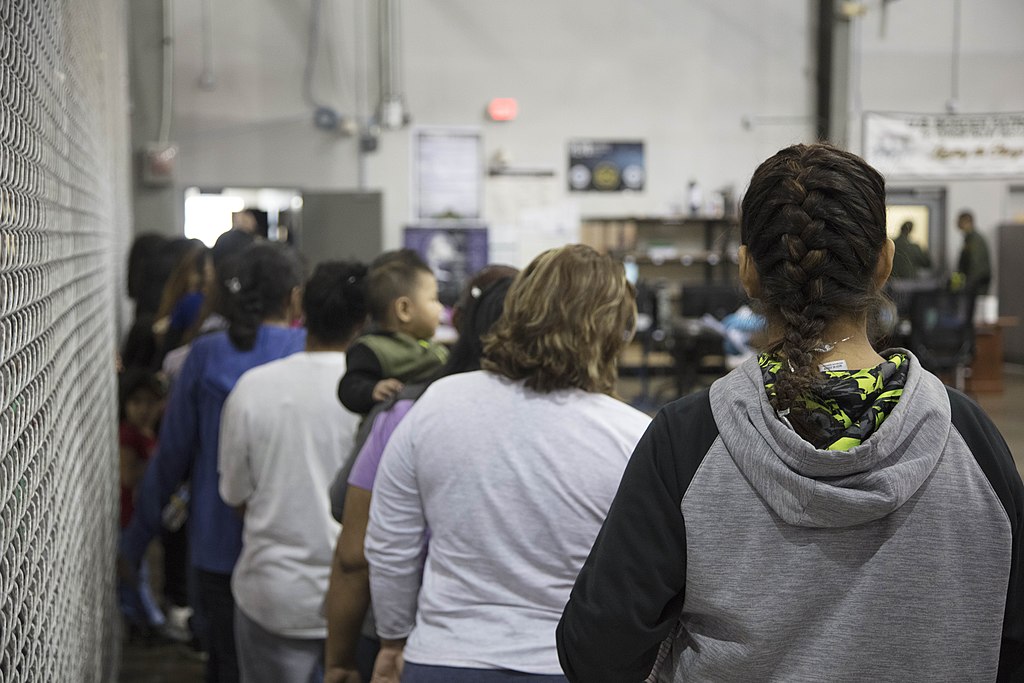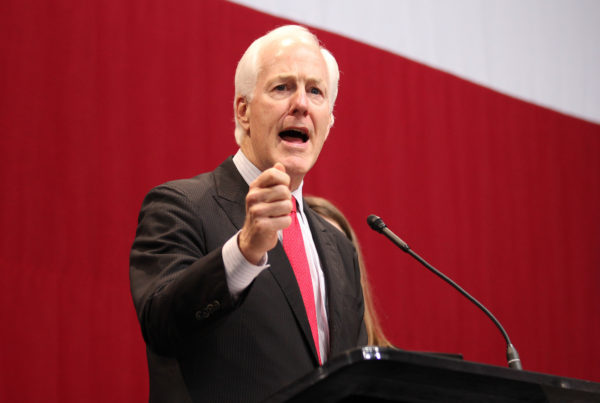Changes to the Flores Settlement Agreement – the agreement that imposes limits and other conditions on the detention of migrant children – could be on the horizon On Thursday, the Trump administration filed a proposal for new rules, and Homeland Security Secretary Kirstjen Nielsen said in a statement that “legal loopholes significantly hinder the Department’s ability to appropriately detain and promptly remove family units that have no legal basis to remain in the country.”
Fatma Marouf, professor of law and the director of the Immigrant Rights Clinic at Texas A&M University, says the Flores Agreement came about after a class-action settlement in the late-1990s. Now, she says the Trump administration wants to terminate it, and also create an alternative to the state-licensed detention facilities that are part of the original agreement. The new rules propose that children be detained in federally run centers.
“[It] would allow ICE basically to license facilities to detain migrant children,” Marouf says.
In Texas,Marouf says the family immigrantion detention centers are only allowed to keep kids for up to 20 days – a limit that is determined by the Flores Agreement. With the new rules, Marouf says kids could be detained with their parents for the duration of their parents’ immigration hearings. Those hearings can go on for months, even years, if the parents appeal, she says.
“This would basically create an alternative to hold families for a much longer period of time,”Marouf says.
Texas and Pennsylvania have tried to get family detention centers licensed as child care facilities, as a way to circumvent the 20-day limit, but those licenses were found to be invalid. With the new rules, the administration could create federally run detention centers that are licensed as child-care centers.
“What this proposed rule would do would try to allow the federal government to license a detention facility to detain children, as a child-care facility,” Marouf says.
Marouf says the proposed rules raise some serious legal concerns. She says there’s a legal precedent that came out of a court in Washington D.C., which held that “deterrence” is not a valid reason for detention – in other words, detaining someone as a way to deter other migrants from entering the U.S. Marouf says based on the background information in the proposed rules, as well as from statements by Secretary Nielsen, deterrence is one of the motives.
“By ending that agreement, they’re trying to deter migrants form coming, and courts have said that’s not a reason to detain someone,” Marouf says.
Written by Caroline Covington.

















